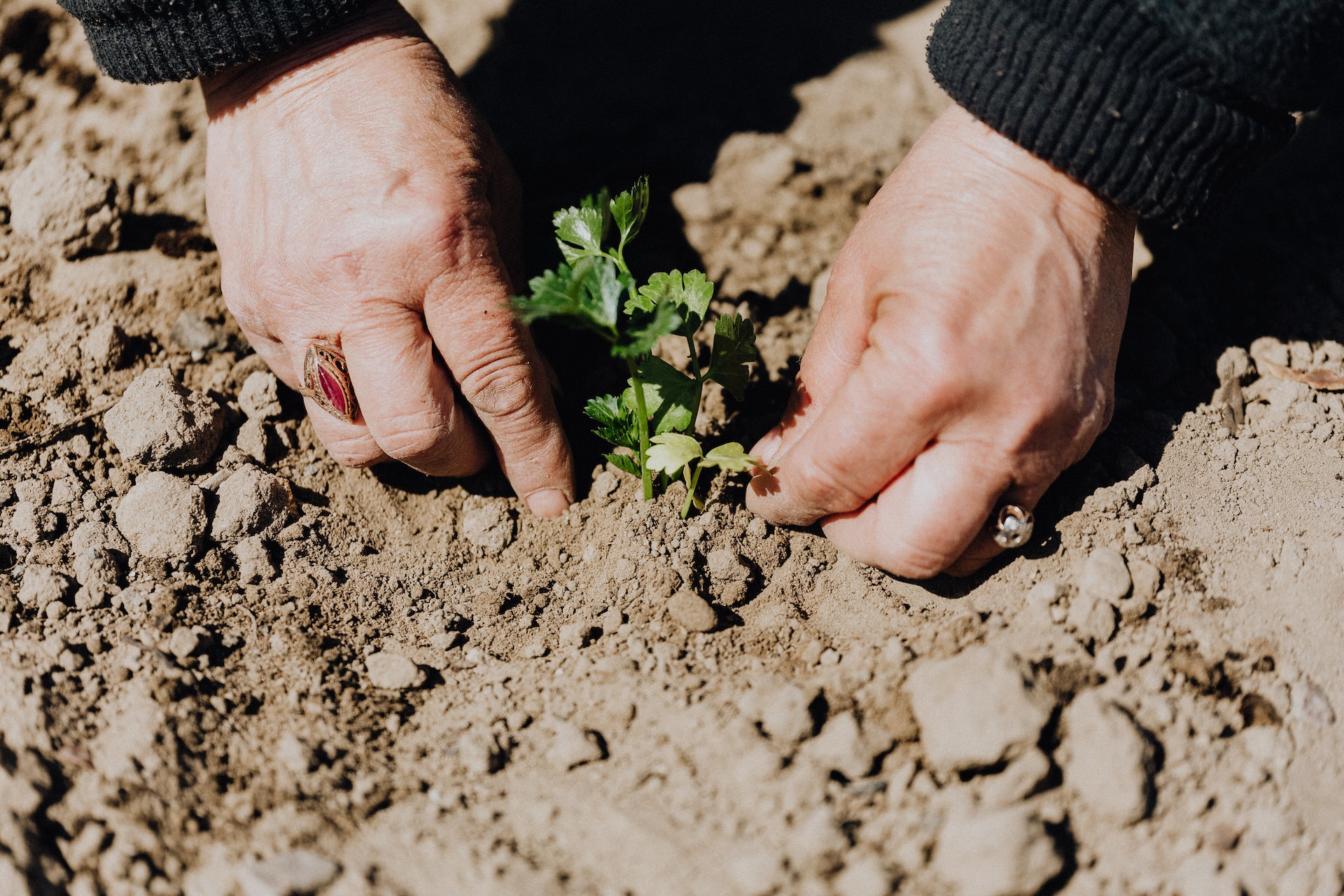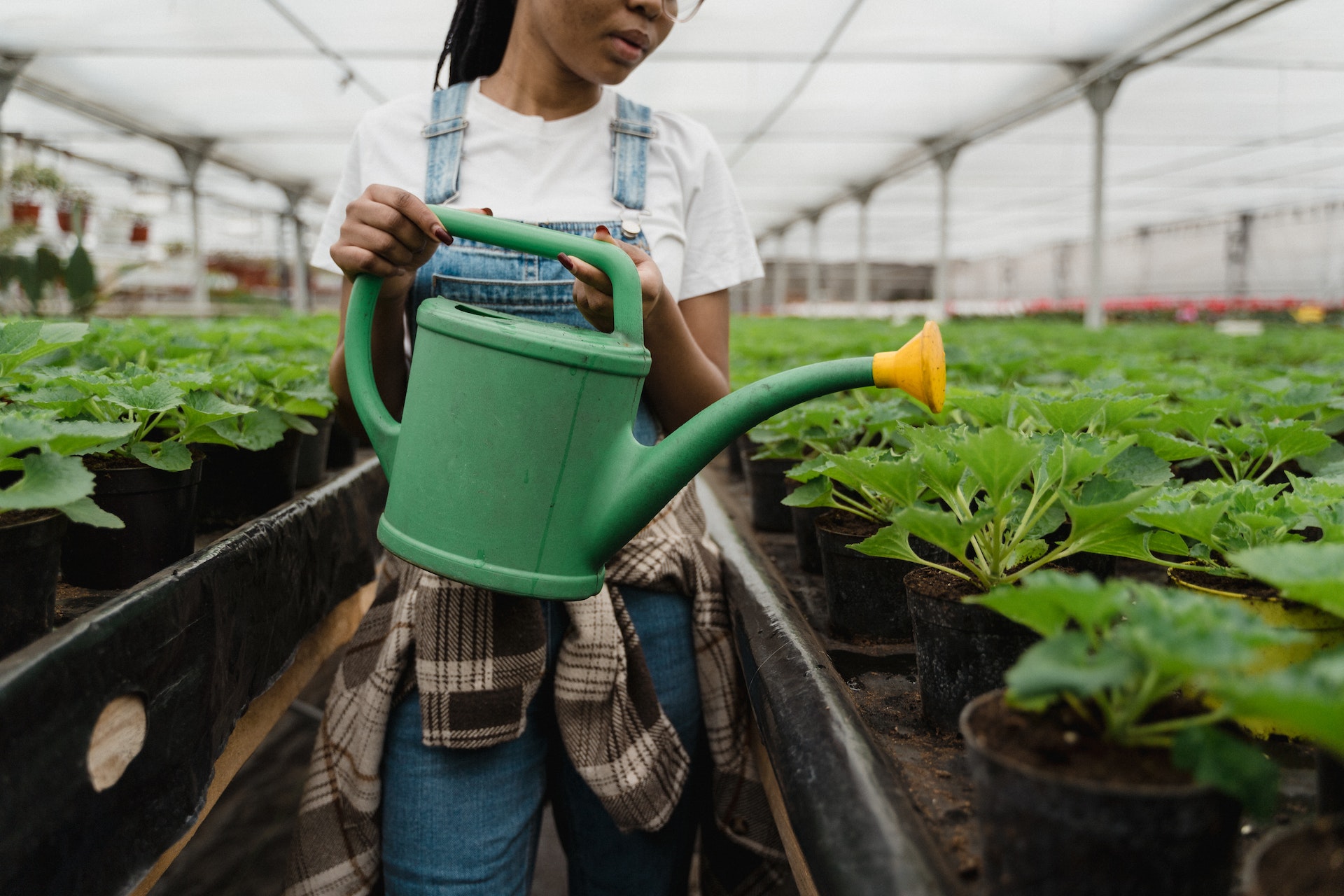During the winter months, pests and disease can let go of their grip on your garden so that you can finally get on top of the jobs that you've been waiting to do. You have to make sure that you are on top of any garden infestations before the spring comes back round again, and now is the time to go through your garden because it's technically on pause. Prevention right now can save you so much hard work in the spring, but it's not just about the pests.
Choosing companies such as Sal's Landscape and Tree Service to come and maintain your lawns, do your weeding, prune back your trees and really give your garden a refresh is going to help you to make sure that your garden is in the best possible condition even when the winter months are over. You want to tailor your garden care plan to the changed conditions, which means that you need to get your hands dirty right now so that you can nurse your garden through the winter months and make sure that your flowers and your plants are healthy for the new season.
- It's time to get your mulching going. Garden beds and mulch pots keep your weeds at Bay. Pulling out the weeds as soon as they appear is important, but make sure that you wait until after the rain so that the soil is softer. This will mean that you pull out the weeds with their roots attached, and then they can't spread the second you've pulled them.
- On top of Garden Pest Control. One of the best ways to do this is to plant a companion plant. Planning a companion planting system is a great solution because there are certain plants that act as deterrents to pests. You can use these instead of spraying your whole garden in chemicals. For example you can plant onion and garlic near your roses to repel the aphids that love to eat the petals. These are so important if you want your plants to truly thrive throughout the winter months.
- Look for and treat any black spots. If you notice any black spot on your roses, you'll see that the leaves will turn yellow with black dots. You can pick these off and burn them safely in the garden so that you can ensure that it stays living for longer. Once you've picked off the leaves, give the plant a hard prune through the late winter. Then, once you've done that, spray it down with a fungicide. You can buy disease resistant roses available but if you haven't got those in your garden then you need to make sure that you are well versed on what black spot is and how you can prevent it.
- Say goodbye to snails and slugs. Even in the winter, the snails and slugs will never rest. When it's raining, they love to move to moist places and your garden is that place for them. You can collect the snails and slugs in a bucket and feed them to any chickens and ducks if you are sure they haven't eaten snail pellets. You can trap them by filling half a jar with beer and digging it into the soil. All you need to make sure is that there is enough of the jar 10 millimeters above the surface. Snails and slugs will move towards the yeast, crawl in and then drown. They literally will get drunk on the beer beforehand, you just have to ensure you’re ready to clear them out.
-
Isolate any diseased plants. You can create quarantine plots for your plants that show any signs of disease, infestation or pests. Here is when you can treat them before moving those pots back near the other plants so that they can grow again. Isolating these plants will prevent them spreading diseases to others, which will help your garden to thrive rather than die out.

- Say goodbye to bugs. When you are going through your garden, take a look for insect eggs on the leaves at the bases of the plants or overwintering plant beds. There are some species that are prone to pest infestations, but you have to make sure that you are aware of them. You can spray all of your plants with white oil to smother them before they get the chance to hatch in the spring. Don't just look at the surface though, make sure that you are checking the underside of the leaves.
- Get rid of all of the weeds. If you notice winter grass in your lawns, get rid of it as soon as you see it by using chemical controls. Or call in an expert company to weed those patches by hand if you don't get to this particular weed in time. Then it will die down when the weather warms up, but the seeds will be pollinated ready again for next year instead of being stuck in the cycle. Pull the weeds early and you won’t have to worry about it anymore - well, until next time!
- Look after your soil. Avoid walking across your garden beds after a heavy rain because you don't want to compact the soil down and prevent your plants from being able to grow. You also don't want it to be hard to dig when it freezes or dries out and your plants won't be able to thrive. If you need to walk across your garden, respect the soil by laying large boards, which helps by distributing your weight when you are walking or kneeling.
- Don't overwater. It's tempting to water your garden every few days, but all you need to do is adjust your sprinklers or your irrigation systems to reduce the watering time down to half for the winter. The winter months are not as dry as the summer months, so you can rely on natural rains to water your plants for you without waterlogging the soil.
